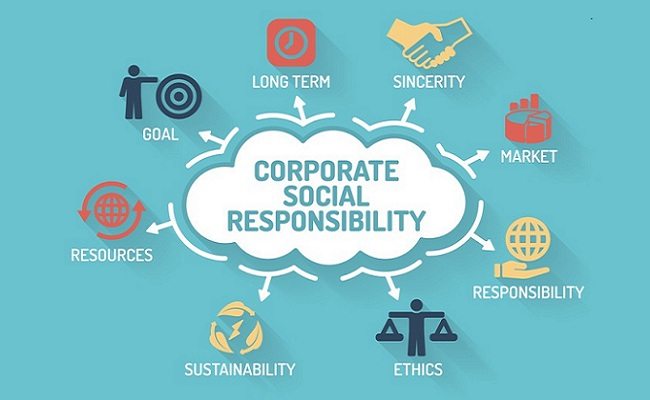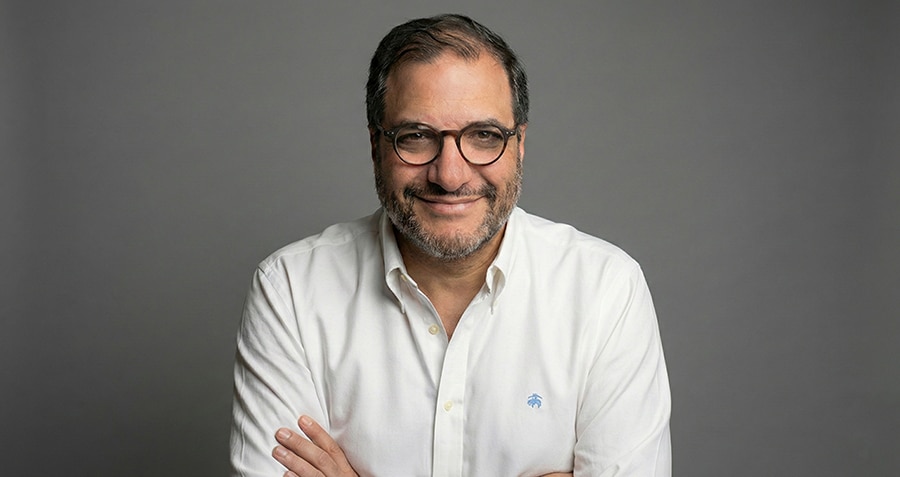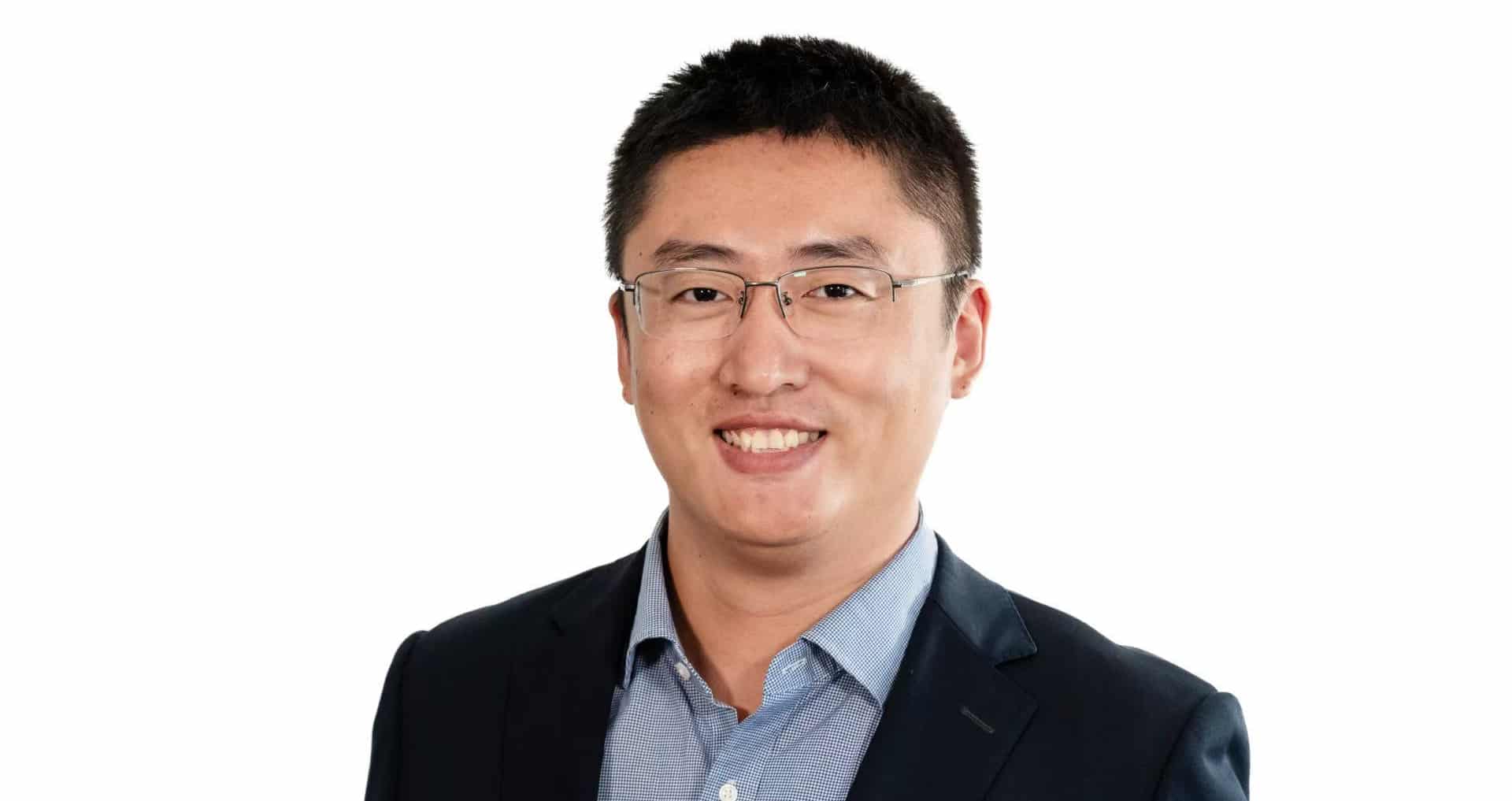
Coca-Cola’s VP for Sustainability in the Greater China, Korea region Dr. Zhang Huaying explains why Chinese companies and consumers can’t just view corporate social responsibility as a PR afterthought
Dr. Zhang Huaying is at the forefront of Corporate Social Responsibility (CSR) efforts for Coca-Cola. As the company’s Chief Sustainability Officer for China and South Korea region, she has been tasked with integrating the company’s Corporate Social Responsibility plans into day-to-day operations, taking it beyond just PR concerns.
“Sustainability is one of those issues that I am very passionate in, it is linked to my beliefs,” she says. But how exactly does this work? And how is the Coca-Cola CSR program structured differently than those of most companies?
In this interview, Zhang talks to CKGSB Knowledge on how Coca-Cola practically implements sustainability programs in China, whether the issue is water sustainability or financial arrangements for helping out with responses to natural disasters.
Q. In other countries, sustainability is usually handled by Public Affairs and Communication teams as a part of a PR strategy, but in China you have a team dedicated to sustainability with a strategic focus. Why?
A. China is a very important market and Chinese people are looking at sustainability issues very closely. In one of our studies (the study was conducted in both the US and China), when we looked at our programs and the scores , we were excited at first, because the consumers [in China] are more engaged in our program, giving us sparkling skill scores compared to the US.
But on further examination we realized that this is not the case. The results were due to the fact that in developed countries, the environmental issues in society issues are not so acute, but here[in China] it’s very much at the top of people’s minds, so people give this issue a lot more attention.
We also have very strong partnerships with the government and NGOs, so one thing lead to another, it just came to the point that it was the right thing [way to structure the company] to do.
Q. In most companies, CSR and sustainability initiatives are not able to move beyond just PR and marketing, why do you think that’s the case?
A. I think it’s inertia. Businesses were established and incorporated for stockholders, and have long been seen as more of a financial investment vehicle for returns. And that mentality still lingers. If you think about annual reports, the top line, it’s all about the profit, so all of that is still the way business is done. That being said, in the past few years sustainability reports have entered the mainstream. When we first produced ours, China probably had produced less than 100 corporate sustainability reports in total, now everybody seems to be writing sustainability reports, but they’re still not a key part of annual reports. In the annual report you have risk assessments, but you do not really have sustainability reporting incorporated into it. So people tend to think of business as business, and don’t think that CSR and sustainability are part of the business, so I think that’s why it happens.
Q. How have you made CSR and sustainability part of your day-to-day business operations, rather than something separate?
A. First of all, it has to come from organizational belief systems. I talked about our corporate mission, but [sustainability] is a corporate mission undertaken by hundreds of leaders together, really soul-searching for what this company is all about: as an organization together, we have a goal to make the world a better place. So if that’s the case, then sustainability becomes a platform for everybody to put effort into.
We also have a score card that we follow. Take water, for example. For every drop of water we use in our product, we give one back to nature or the community. We call this replenishment, and we are aiming to replenish 100% of the water that we use. We achieved this goal last year in China, and we will achieve it globally this year. With those kind of measurements, you end up becoming part of the business balance score card. So in our business, those things are part of our score card.

We continue to look at the goal and see how we can do more. All of this has become a journey for our business. We fully recognize Coca-Cola as part of society, and see the two as inseparable. If society has a problem, if the water is gone, there is no business for us. So you could call it ‘enlightened self-interest’.
Business is here to meet needs. We talked about need and demand and supply, and in the past we only thought of demand in physical terms as a particular product, but there’s also a societal demand. How can you use your business to also fulfill social needs? This is something businesses now need to answer.
Q. Do you have any pointers on how to create internal buy-in on CSR investments?
A. Business is business. You really need to help your managers understand why it is a good investment for the company. If it makes no sense, it makes no sense.
I think we have a relatively easier sale, because we are a consumer goods company, and Coca-Cola touches 150 million people in China every single day. In a way we also have enough research to show that when people buy a product, they do not just buy the product, they also buy-in to your company.
Corporate good behavior is on your own interest, Coca-Cola fully recognizes this. It’s not about asking ‘Why am I doing this?’ the better questions are ‘What is the effectiveness of this?’ and ‘How can we link it to the business even more closely?’
For example, our women’s program is focused on our value chain. Inside our value chain there are already many women: inside the small mom and pop stores, 70% of them are either owned by women of have female employees, so they are clearly in our supply chain.
Helping them is helping ourselves, but how do you really make this inseparable from the business? This is the key.
Q. So is that a key criterion for what projects you focus on, do you always have to look for that link with the business?
A. It is one. Another link is it needs to be a real social issue, you can’t just create a social issue and put a coat of paint on it. It has to be a real social issue that we can use our strength on.
For many years, people did philanthropy during disaster relief by simply giving money, and we were part of this approach too. But then we examined ourselves and saw that we have a supply chain that covers the whole country. Literally, no matter where a disaster happens, we are right by their side. So what kind of mechanisms can we use this for? In the past, if it was a huge disaster, the local bottling plant and people would have a tough time making decisions, so we entered into a memorandum of understanding with our bottling partners to say that when this happens, Coca-Cola will cover all of the costs of goods used in donations, and you cover the cost of labor, shipment and transportation. These costs are roughly 50-50, and in the case of a disaster, sending water to the disaster site is not a simple matter. We go through a financial approval process and get money assigned, so that when a disaster does actually happen, a team member can easily make a decision with partners and bottlers and within a few hours water is on-site.
Q. How do you get your partners to agree?
A. We don’t ‘make’ anyone agree. Let’s use one disaster program as an example. We started running this three years ago, in the wake of the earthquake in Ya’an. I got a message from a bottler which said ‘I want to help but I don’t know how because regulations are vague…’ Using our risk-management schedule I started calling bottlers, and we ended up getting water to the site in no time. We called The One Foundation, who was already our partner on a clean water project, [they are] disaster rescue experts, and they were very ready to do that.
‘Give us the water we’ll send it there’ [they said]. The earthquake was at Lushan, and Ya’an is around 100km away, but they sent it right away. So our partners were very ready in that 24 hour period, none of the rescue supply was ready that quickly. Starting from that point onward, we have since responded to 65 disasters, reaching over million people, and every single one of those was done by local partners, The One Foundation, the government and our bottler. The One Foundation called us saying they have that need, we called our bottlers and they said “Yeah sure, how much?” So it never really requires a lot of convincing. We have quite a few different programs, we allow our bottling partner to choose which one is the most relevant locally, which one they have the ability to work with, so all the bottlers can participate.
Q. Have you significantly adapted your project in China instead of following what’s done by Coca-Cola globally?
A. Globally we do have a ‘Me, We, World’ framework which focuses on the well-being of women and water, from the global point of view they are the key issues Coca-Cola can address, and you need to look into what you can do locally.
Q. How do you measure the effectiveness of a certain project?
A. For societal programs, we measure the number of people impacted, and for environmental programs for water, we even created a measurement. So in the past all the business industries would measure water usage ratios, like how much water we saved; we also measure how many plants actually treated water, and then we ended up with all the plants treating water. So we kind of ran out of room inside our operations, and we know if we want to have sustainable water supply, we need to go to the water sources, so we started going outside. If you look at The Necessary Revolution by Peter Senge many years ago, he used Coca-Cola and World Wildlife Fund partnership as an example for this water source protection program, but then we asked ourselves how we could measure our success, have we made an impact or not? So we created this measure called the replenishment rate. It is there to measure how much we help nature, helping ourselves. We even have auditing firms auditing us. So in a way you are right, you have to measure it, otherwise you don’t know how much of impact you have made.
Q. What are some of the big projects that you personally are most proud of?
A. I’m proud of so many things, but those water projects are at the top on my mind. I’ve mentioned replenishment, we have achieved much in just a few years partly due to our great partnership, we have the UNDP (United Nations Development Programme), we have the Ministry of Commerce, Ministry of Water Resources , Ministry of Environmental Protection and World Wildlife Fund, those are really good partnerships and there are quite a few wonderful programs that we run over there.
Rivers are the source of all our business. So we focus on the Yangtze River, Yellow river and Haihe, which are the three biggest rivers in China. Also, we have the Happy Farm House which is a mini wetland project; we have sustainable agriculture projects; we also have clean water projects, we get the equipment into school for kids to have safe drinking water in rural areas. So we have a whole array of water programs, because water is our key focus.
Q. Has Coco-Cola global replicated your China program?
A. That’s a very good question. We have this thing called ‘Journey’, an internal magazine which publishes information on our projects. The clean water 24 project just won the Asia-Pacific Excellence Award, and our project is also going to be shared at the bottler convention globally. So we do share our project globally and as a matter of fact some people from the UNDP were talking to us about our sugarcane project and asking if they can do something…they are now doing South-South collaboration and China is helping nearby countries and developing countries and they see possibilities in those projects outside, so there are many opportunities like that.
Q. In terms of CSR in China, do you see Chinese companies getting better?
A. It is getting better, definitely. In fact, two years ago the Chinese government had this policy that all State-owned-Enterprises must do sustainability reports, and I got invited to the ‘One Belt, One Road’ CSR conference to talk about issues in sustainability reports about Chinese companies going overseas, promoting the idea that when you go overseas you need to have very strong CSR programs. What’s very interesting is that the Coca-Cola company is one of the American companies that went overseas many many years ago, and now we are operating in over 200 countries and in all countries we have CSR programs.
Being a responsible corporate citizen and ensuring sustainable development are the tasks of any corporation. So they wanted me to be there to share and I do believe Chinese companies are doing a fabulous job, especially some of the internet companies. I really see China leaping-frogging forward in the whole area of philanthropy, CSR and social goods. For many years things were focused on the economy and there were a lot of unintended consequences, now it’s time to address them and people have the financial resources to do so and are willing to do so.



















